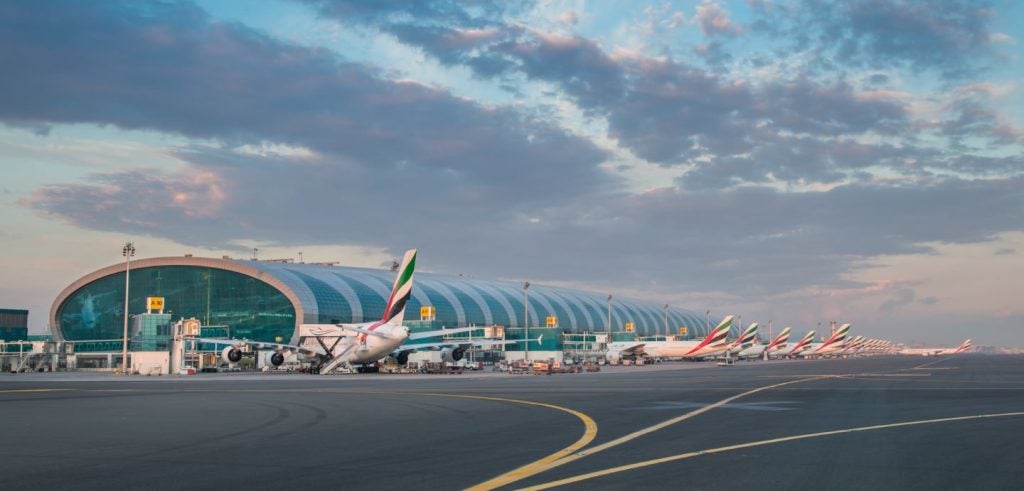UAE flag carrier Emirates has announced its commitment to sustainability through the achievement of the IATA Environmental Assessment (IEnvA) and the IEnvA Illegal Wildlife Trade module certifications.
Emirates has implemented stage one of the IEnvA system's core scope, which includes flight operations, corporate activities, and the illegal wildlife trade module, which supports Emirates' environmental commitment to preserving wildlife and habitats.
As previously reported, IEnvA is an environmental management system based on standards and better practices, which were formed with the support of airlines, airports, ground service providers, IATA and sustainability experts.
Emirates has joined the list of IEnvA registered airlines, which includes British Airways, Air Canada and Etihad Airways.
Emirates’s international affairs divisional senior VP Sheikh Majid Al Mualla highlighted how the certification process emphasises Emirates's commitment to environmental sustainability.
Mualla said: “We are proud to achieve the IEnvA Stage One certification, which is a testament to our longstanding commitment to impactful environmental sustainability initiatives, while certification to the module on illegal wildlife trade reinforces our position as a global leader in the fight against the trafficking and exploitation of wildlife.
“In addition to initiatives such as our recent closed-loop recycling programme and demonstration flight powered with 100% sustainable aviation fuel, we are committed to robust environmental management systems and to driving real change both within our own operations and across the industry.”
According to IATA, IEnvA assigns access to ready-to-use procedures, policies, templates, and tools to help with sustainability management, enabling a sustainability mindset in day-to-day decision-making processes.
The trade association further stated that the IEnvA certification will allow you to drive commercial success as improving sustainability performance as a company increases your asset value.
Every two years, external evaluation and re-certification are performed, which includes refresher training and revalidation to verify continuous compliance with the programme's criteria.









